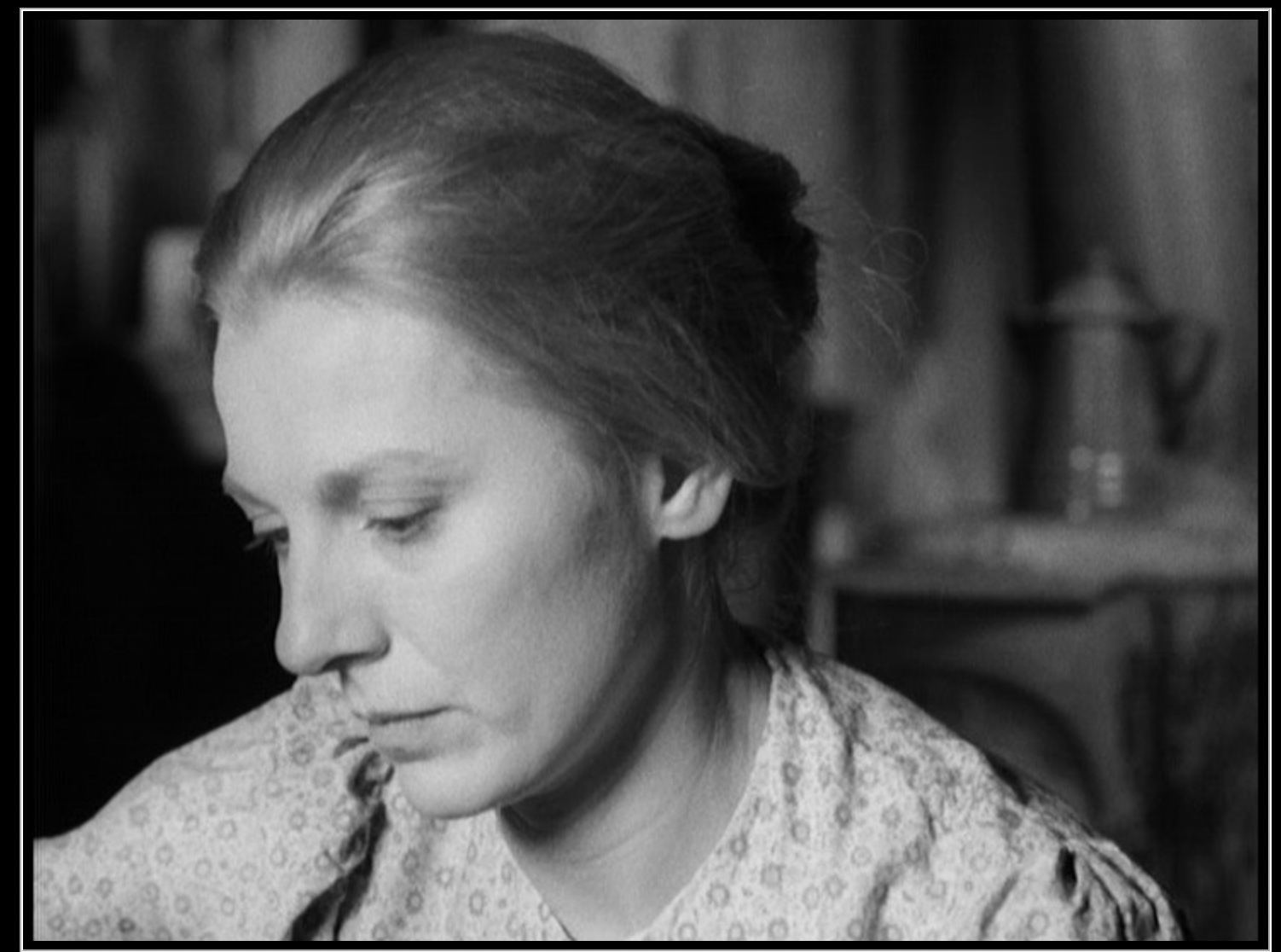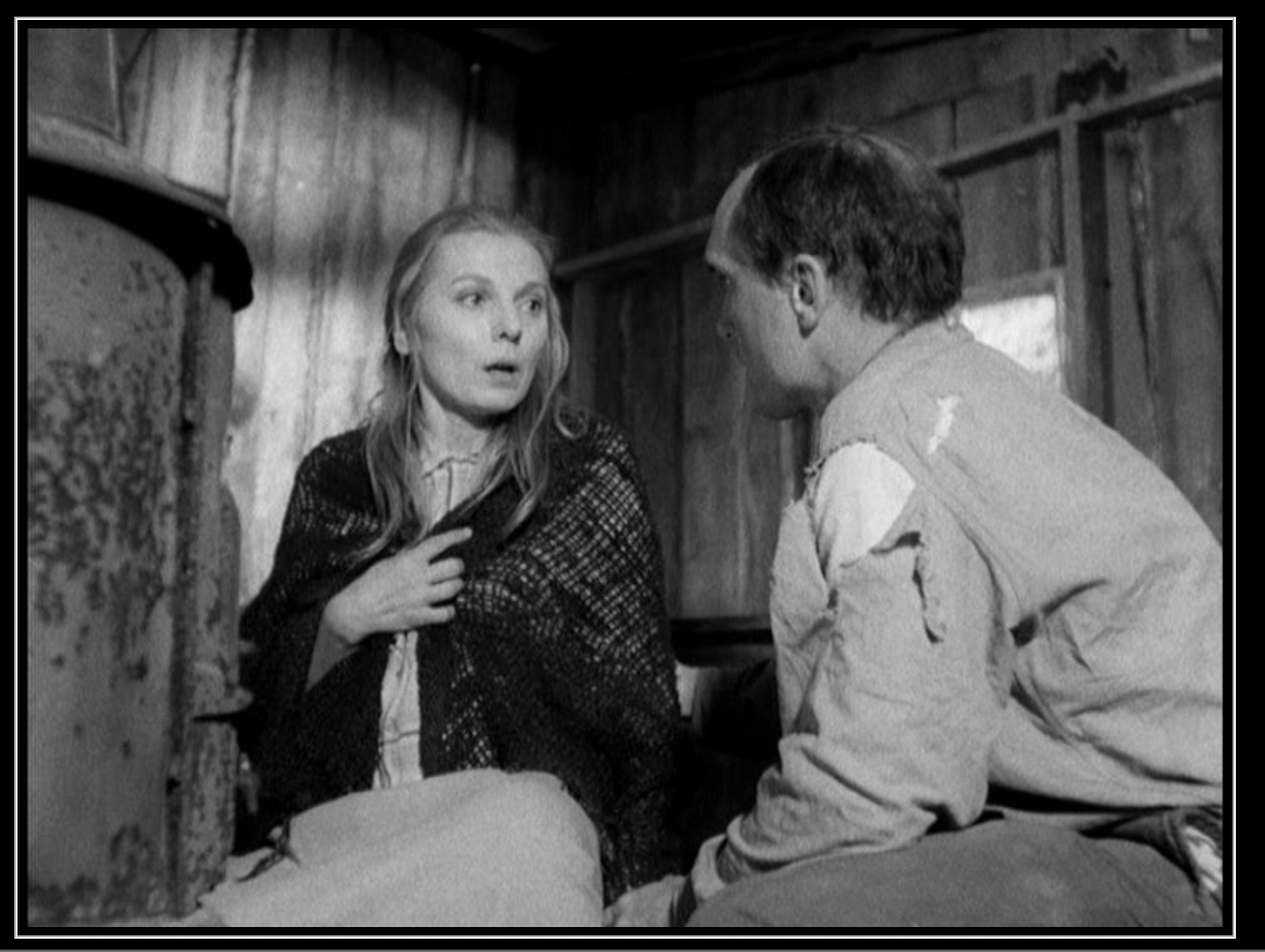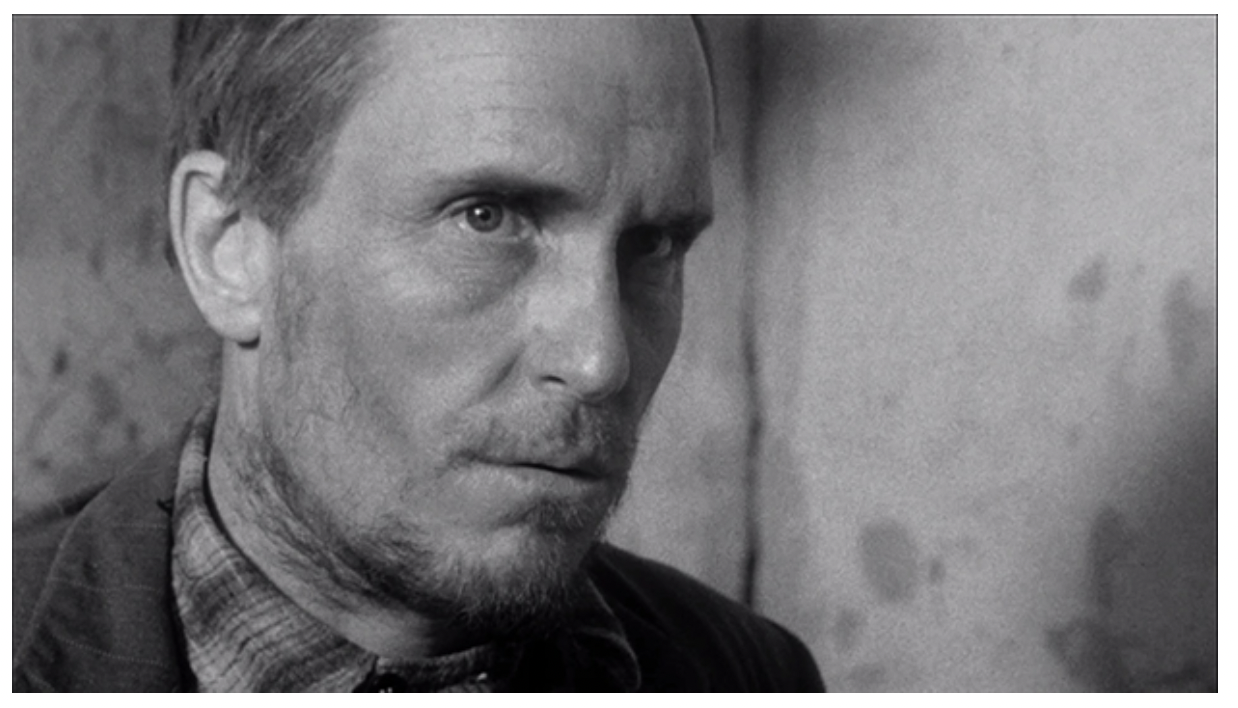Tomorrow (1972): The Film That Reminds Us, What Art Can And Should Do.
Once in a while you watch a film, read an article, eat a meal, drink a glass, and you think, wow, why was I wasting my time on anything else?
That's exactly what I felt watching Tomorrow, the film based on Faulkner short story of 1940.
You realize that everything else you’ve been consuming was just that: "food," sustenance, needed to fill you stomach or your brain in order to keep the awkward feeling of hunger away. And then you try something that has wings, provides you with out of body experience, reminds you of your brotherhood with the rest of humanity.
So far, it was mostly Russian literature that would do that. Great stuff of Pushkin, Turgenev, Chekhov, Tolstoy. Of course, Faulkner was an artist of great magnitude. No wonder he is so popular in Russia.
Likewise both the time (Depression) and the space (deep south) are very conducive for experiencing the real. Without all these middle class niceties of the Hollywood-New York axis. And the filmmakers do justice to the story. They clearly found a right key for it.
The subject is simple. Common, inarticulate people, capable of active love, proving their deep, profound human emotions. The salt of the earth.
George Elliot writes in her Middlemarch: “the growing good of the world is partly dependent on unhistoric acts; and that things are not so ill with you and me as they might have been, is half owing to the number who lived faithfully a hidden life and rest in unvisited tombs” (322).
So the film is about such people, their unvisited tombs, unhistoric acts, and tremendous stoicism that keeps them and the rest of the world going. Two protagonists mostly, one played by Duvall and another by Olga Bellin. She is quite amazing, exhibiting simultaneously an extremely noble profile and downbeaten almost disfigured front.
That's what Faulkner captures so well. These are his people. He loves them and sees their noble profiles through their rough and awkward exterior. Exactly like Turgenev did in his “Mu-Mu” and Hunter’s Sketchers, or Chekhov in his “Rothschild’s Fiddle.”
It gives one pride and joy to live in a country that contains such amazing writers, filmmakers, and common people who inspire them.
But where have all of them gone?


